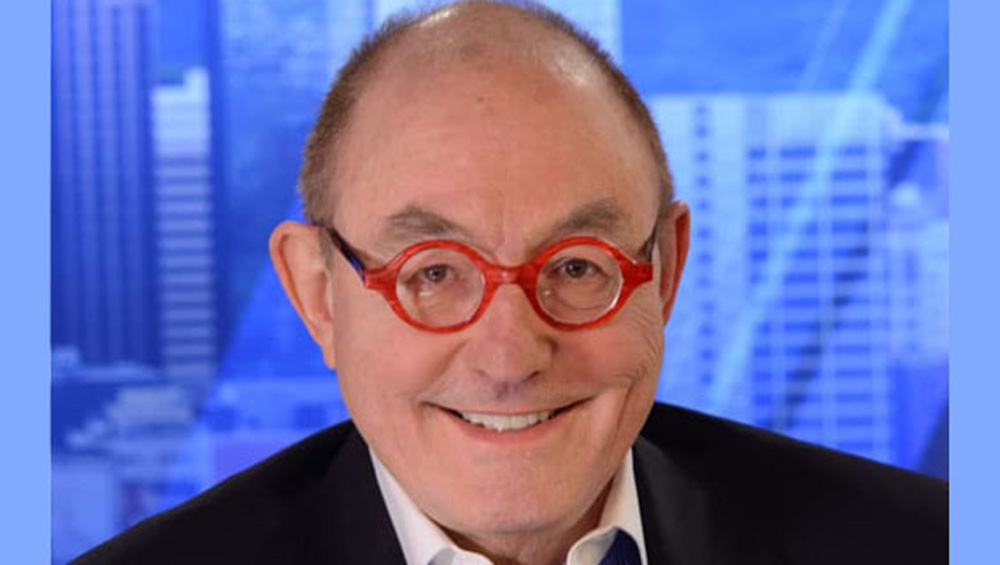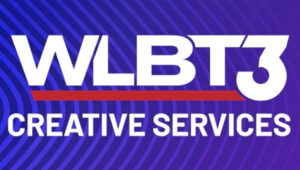Axing Primetime At 10 Could Reset Network-Station Relationships

The prospect of returning the 10 p.m. hour to stations doesn’t portend the end of the network-affiliate relationship. If anything, it opens up the field for fairer financial agreements for stations and more control of primetime.
Affils, Networks In An OTT Tug-Of-War
 As consumer interest in OTT streaming services grows, it’s crucial that TV stations be included to maintain OTA TV’s big advantage over cable and satellite: complete coverage. But carriage deals with streamers have become entangled in network-affiliate disagreements over control and how to split the revenue. This is an updated version of a story that originally appeared in TVNewsCheck’s magazine Executive Outlook last month.
As consumer interest in OTT streaming services grows, it’s crucial that TV stations be included to maintain OTA TV’s big advantage over cable and satellite: complete coverage. But carriage deals with streamers have become entangled in network-affiliate disagreements over control and how to split the revenue. This is an updated version of a story that originally appeared in TVNewsCheck’s magazine Executive Outlook last month.
Chris Brooks has been promoted to The CW’s executive vice president, network distribution. He is responsible for all network distribution, and also oversees affiliate relations and affiliate marketing activities at […]
 The Gray Television exec-turned-station-owner criticized the broadcast networks for their insatiable reverse comp demands. “At some point, we won’t have any incentive to take money from the cable guys [in retrans], if they want it all. And I think they want to get as close to all as they can, frankly.”
The Gray Television exec-turned-station-owner criticized the broadcast networks for their insatiable reverse comp demands. “At some point, we won’t have any incentive to take money from the cable guys [in retrans], if they want it all. And I think they want to get as close to all as they can, frankly.”
Padden’s Reversal On Network-Affil Relations

Some Thoughts On ATSC 3.0, Ansin/NBC
Former broadcast lobbyist Preston Padden: “ATSC-3 and SFN’s may be the just what broadcasting needs to prosper in the future. Certainly there are smart and dedicated women and men working hard to make these technologies a reality. However, I would offer a few cautions.” Also, “The [affiliation] dispute between NBC and [WHDH’s] Ed Ansin is unfortunate on many levels. If I was running a network today, I would want him as a part of my distribution platform.”
Everything Changed All At Once On WNCN
WNCN Sees Viewers Rise With Switch To CBS
Changing to affiliation with CBS resulted in a 56% increase in total household viewership, the Raleigh, N.C., station says. WNCN, branded as CBS North Carolina, premiered a 5 p.m. newscast on the first day of the change, Feb. 29, and enjoyed a 48% increase in viewership compared to the same week, same time slot a year earlier. Its 7 p.m. hour, featuring Judge Judy, was up 46% in the same comparison.
Turbulent Times For Station Group Execs
 NATPE’s only broadcast TV panel featured (l-r after moderator Paige Albiniak of B&C): Jack Abernethy of Fox Television Stations on the state of network-affiliate relations, Nexstar’s Perry Sook on why station groups shouldn’t be in national syndication; and Tribune’s Larry Wert on the on-going feud between CW and Tribune in which the network is demanding higher reverse comp fees from Tribune.
NATPE’s only broadcast TV panel featured (l-r after moderator Paige Albiniak of B&C): Jack Abernethy of Fox Television Stations on the state of network-affiliate relations, Nexstar’s Perry Sook on why station groups shouldn’t be in national syndication; and Tribune’s Larry Wert on the on-going feud between CW and Tribune in which the network is demanding higher reverse comp fees from Tribune.
Unable to reach an accord that would extend their 30-year affiliation, CBS and WRAL are parting ways. Come Feb. 29, WRAL will become the the market’s NBC affiliate and Media General’s WNCN will become its CBS affiliate.
Broadcasting: No Country For Little Dogs

Retrans Good Place For Net-Affil Cooperation

Big Retrans Downside To Telletopia Plan

TV Everywhere, OTT Top Affils NAB Agendas

When affiliate boards sit down with network executives at the NAB Show next week, they’ll be trying to figure out how they can make money from streaming their signals to smartphones and tablets either through TV Everywhere or OTT. In addition, all Fox affiliates at the convention will get a chance to celebrate the new signs of life in the network’s primetime schedule.
Nets Hold Upper Hand In Affiliate Relations
 Over the years, the balance of power in the network-affiliate relationship has shifted back and forth. Today, it has moved to the networks — perhaps permanently.
Over the years, the balance of power in the network-affiliate relationship has shifted back and forth. Today, it has moved to the networks — perhaps permanently.
Network demands for increased programming fees form the central issue in affiliate-network relations today. And no recent story brought the situation into sharper relief than last summer’s announcement that CBS […]
The CW has moved more aggressively than many other networks to put all its shows on the Web. It is walking a fine line, according to the Wall Street Journal, trying to get bigger online while not alienating its broadcast affiliates. Wall Street Journal subscribers can read the story here.










































